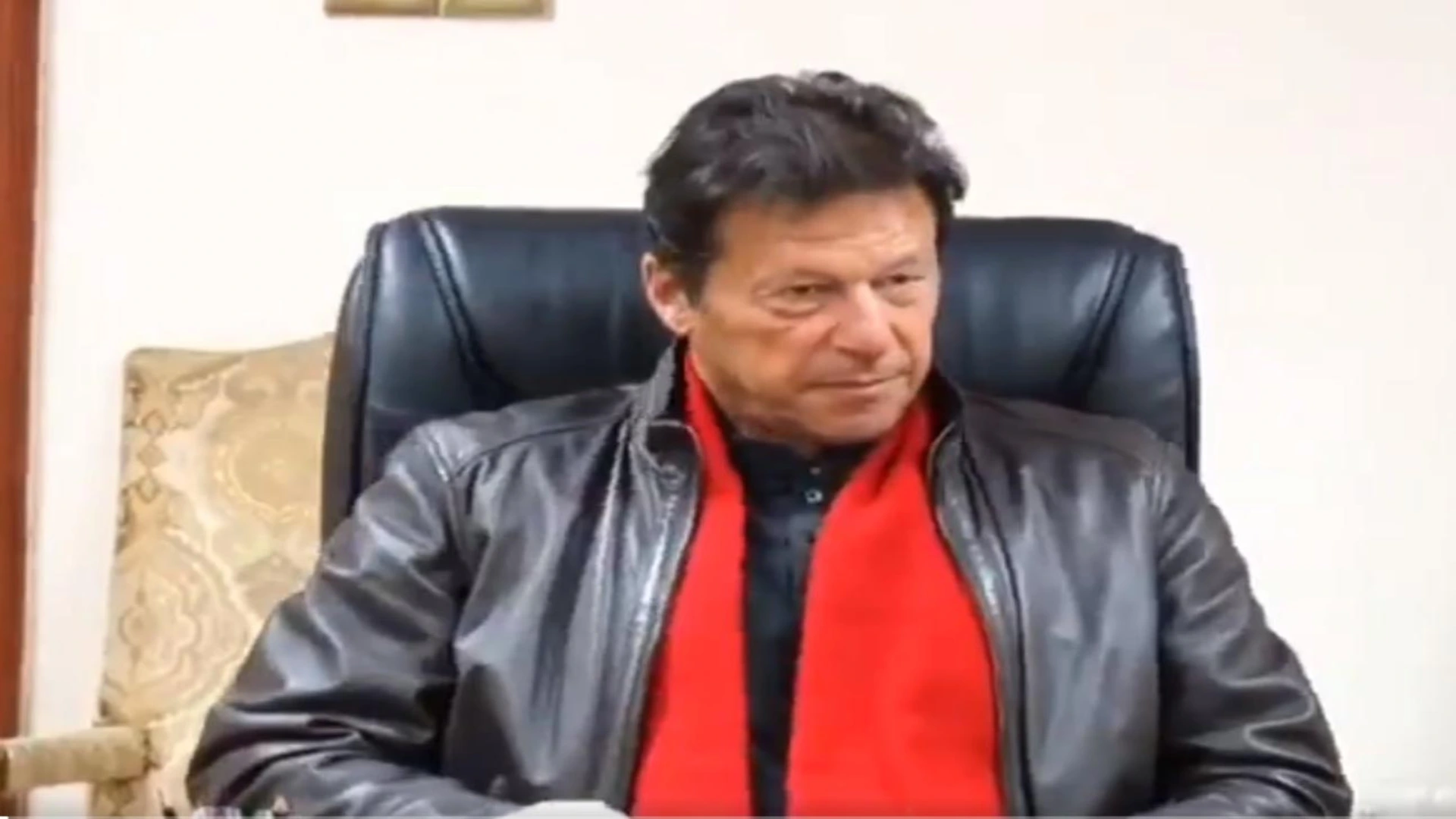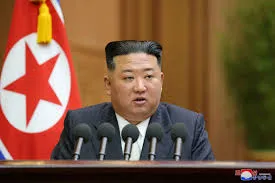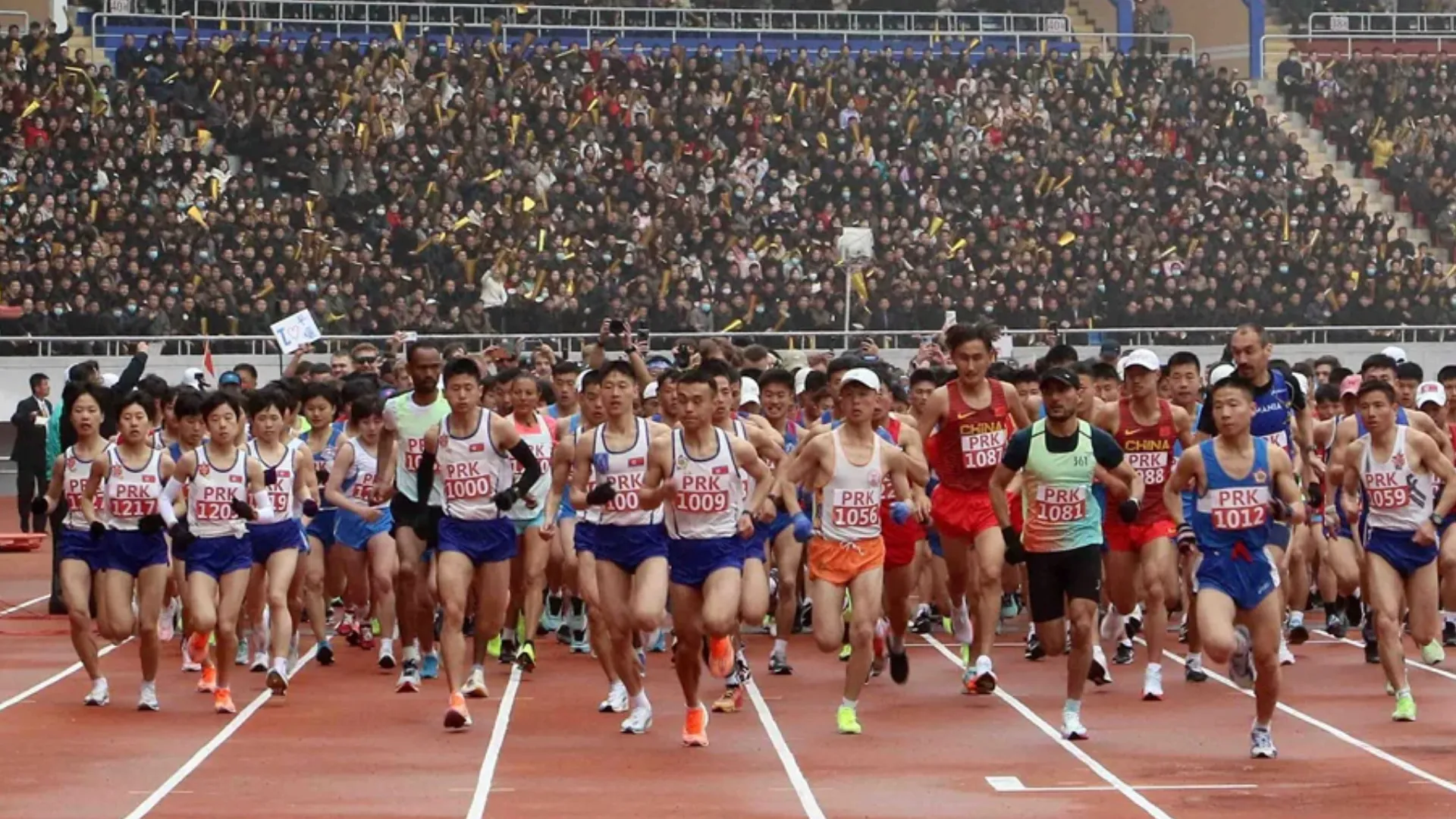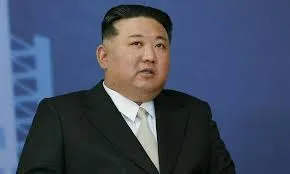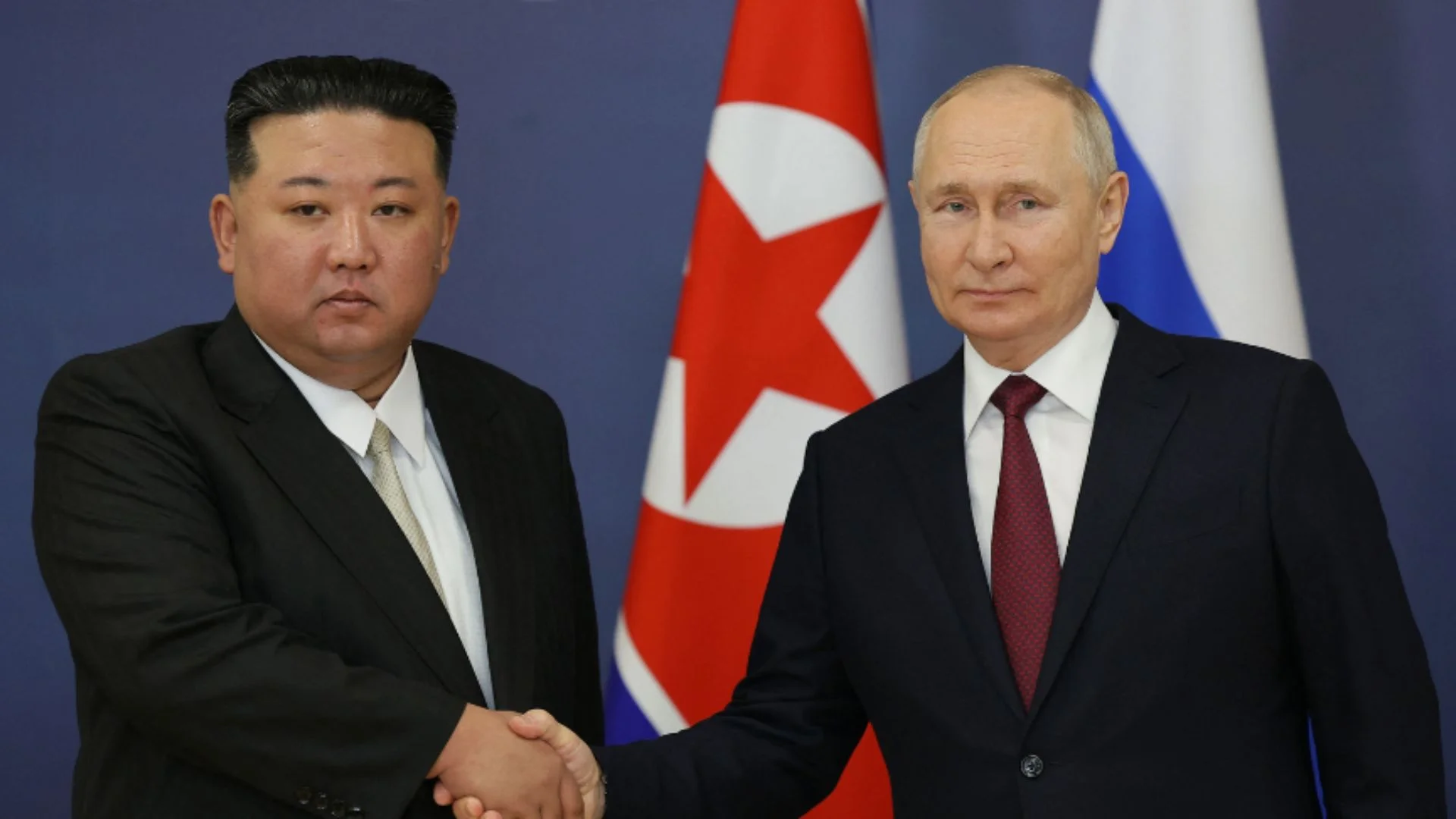In an ironic twist of Pakistan‘s political landscape, former Prime Minister and PTI founder Imran Khan finds himself completely cut off from contact with the outside world, including family, lawyers, and party leaders, until October 18. The Punjab provincial government imposed strict restrictions on all prisoners at Rawalpindi’s Adiala Jail, where Khan is currently held. This move, ostensibly for “security reasons,” comes ahead of the Shanghai Cooperation Organisation (SCO) summit in Islamabad, a gathering aimed at regional cooperation on counterterrorism.
The irony lies in the fact that Imran Khan, who once prided himself on running a political campaign advocating for transparency, justice, and accountability, now faces heavy-handed security measures reminiscent of those used by previous governments he once opposed. The crackdown, citing alleged threats, includes sweeping bans affecting all inmates, supposedly to bolster security at Adiala, where security has been historically problematic, as evidenced by earlier discoveries of explosives and weapons.
Adding to the complexity, these measures come just as Pakistan positions itself to appear strong on counterterrorism in front of international partners at the SCO, a summit heavily focused on anti-terror efforts through the Regional Anti-Terrorist Structure (RATS). This juxtaposition—of Khan being isolated in the name of security while Pakistan showcases its counterterrorism capabilities—highlights the often contradictory dynamics of governance in the country.
Imran Khan, once hailed as the “people’s leader” who fought for democratic ideals, is now subjected to the same kind of political suppression he once vowed to eradicate. This latest restriction is not the first time authorities have barred meetings in Adiala; similar measures were enacted earlier this year. Despite his ongoing legal battles, including allegations of misuse of his influence by jail staff and his connections to terrorism investigations, Khan’s isolation appears to serve as both a security precaution and a symbol of the deep divisions within Pakistan’s power structures.
While Pakistan gears up to showcase its iron hand against terrorism for the world to see, the irony of Imran Khan’s current predicament serves as a stark reminder of the cyclical nature of power in the country.

